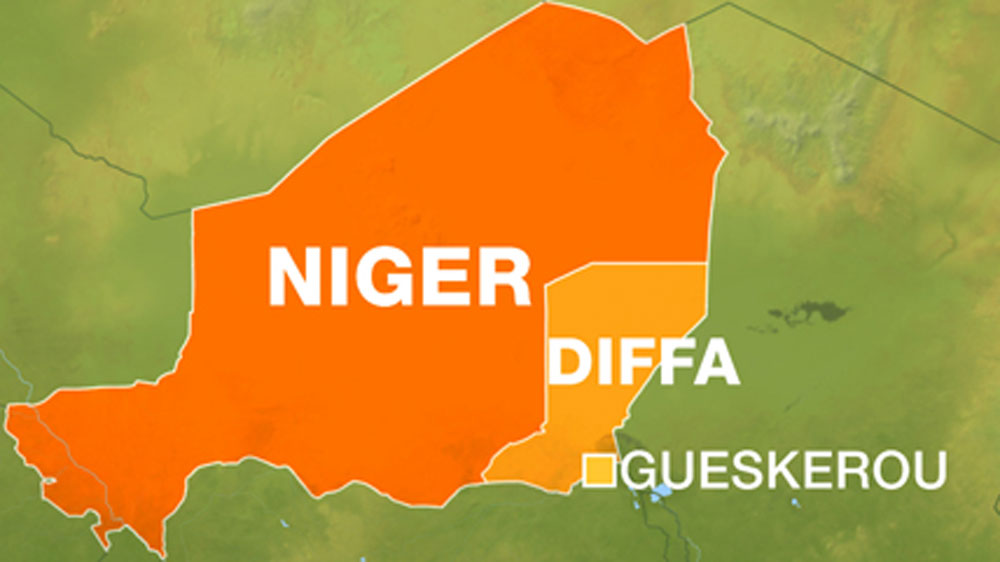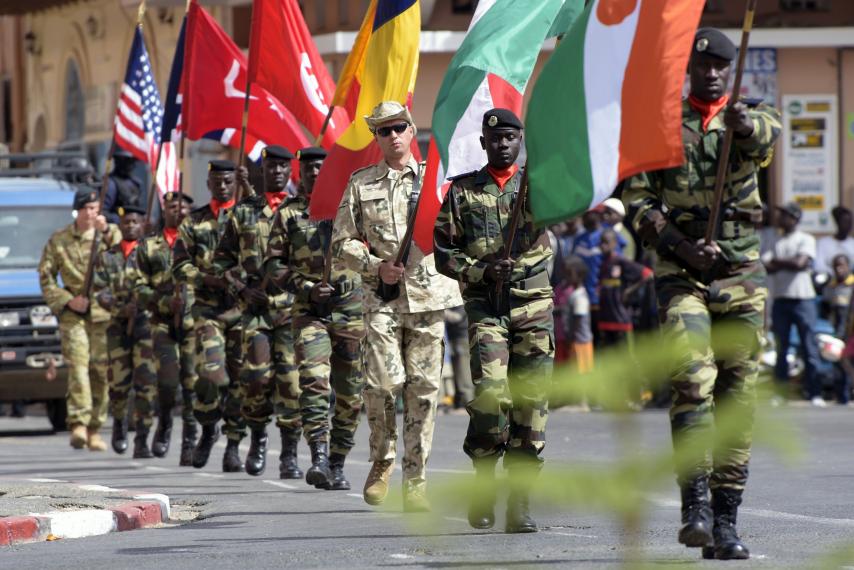
NIAMEY, Niger (AP) — Hundreds of Boko Haram extremists attacked a military post in Niger near the country’s border with Nigeria, killing at least 32 soldiers, Niger’s defense ministry said Saturday.
The attack in Bosso on Friday left 30 Niger soldiers and two soldiers from Nigeria dead, the ministry said in a statement, adding that at least 67 other soldiers were wounded.
“They burned houses, looted food stores and shops, and burned the military post before fleeing with weapons and ammunition,” said Adam Boukarna, a deputy in Bosso..
Residents left Bosso during the attacks and headed to Toumour, about 30 kilometers (19 miles) to the west, he said.
The military launched a counterattack Saturday using air and land forces, pushing the militants out of Bosso and inflicting heavy casualties, the ministry said without giving further details.
Boko Haram claimed responsibility for the attack, saying 35 soldiers were killed, according to the SITE Intelligence Group, which monitors jihadi online postings. The Nigeria-based Islamic militants pledged support for the Islamic State last year.
Niger contributes to a multi-national force set up to fight Boko Haram in the region, where attacks have killed at least 20,000 people and displaced 2.7 million, according to Amnesty International and the United Nations.
Dozens gathered Saturday in Niger’s capital, Niamey, to march against the insecurity caused by the militant group which has launched several attacks in Niger in recent weeks.

